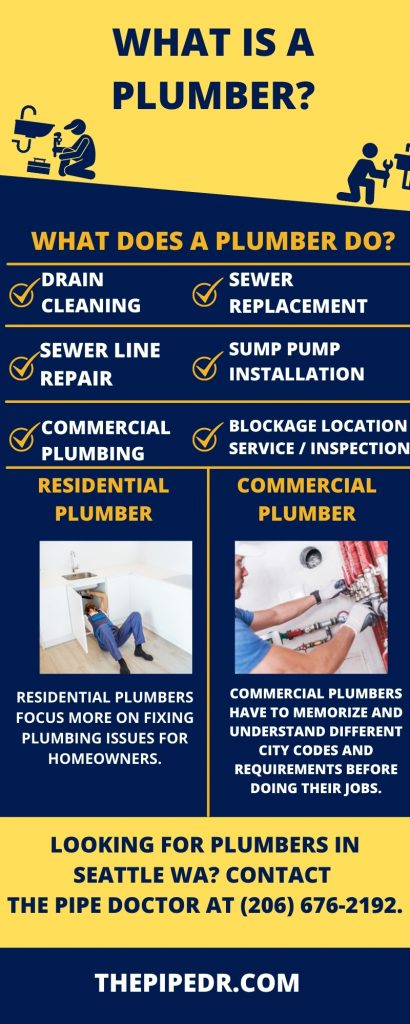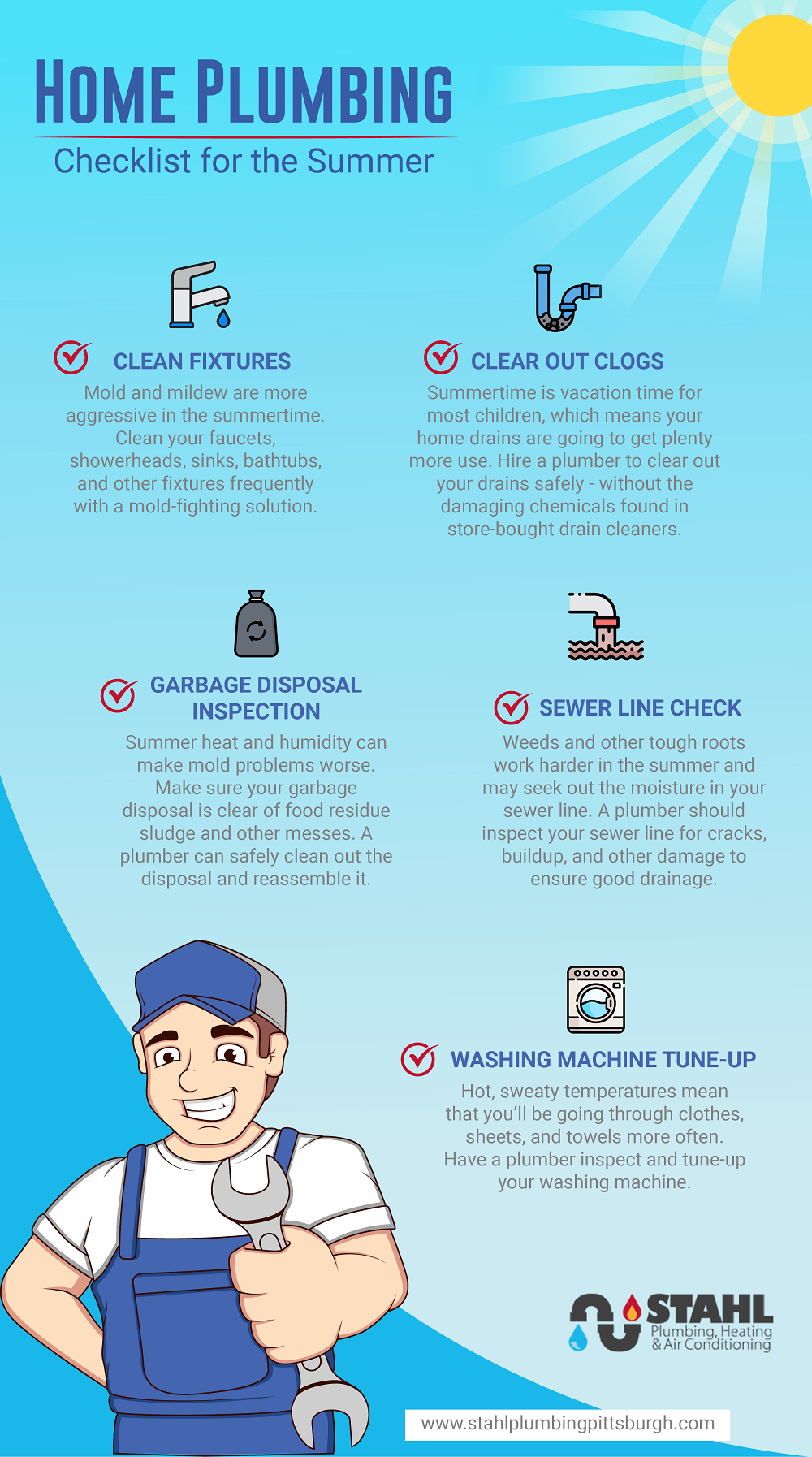All Categories
Featured
Table of Contents

[/image][=video]
[/video]
However, before you rush to call a plumbing or make some bad DIY option, you could desire to take a look at these pipes secrets that can save you money and time. It is very important to recognize where you water turned off valve is in your home, as this can save you from even more severe damage when plumbing concerns happen.
Once every little thing is transformed off, take a look at your water meter. An ongoing activity on your water meter when all water sources are turned off is a clear red flag that needs immediate attention.
Nevertheless, slow-moving drains pipes are frequently a very early indication of a bigger problem. It could show an obstruction in the production, a trouble with your sewer line, or even tree roots infiltrating your pipelines. Rather than waiting on the drain to end up being completely obstructed, act as quickly as you notice a downturn.
If these don't function, it might be time to call an expert. Overlooking the issue might cause a lot more significant and costly troubles down the line. Recognizing where your major water shutoff valve is can save you from prospective water damages in instance of a significant leakage or pipes disaster.
Is Diy Plumbing Safe?
Make certain every home grown-up recognizes where the shutoff valve is and just how to use it. In the occasion of a significant leakage, swiftly turning off your home's water system can minimize damage and offer you tranquility of mind while you await a plumber to get here. It's a popular concept that chemical drain cleansers are the utmost remedy for clogged up drains an idea that could not be further from the fact.
The chemicals can rust the internal cellular lining of the pipes, resulting in damaged structures, leaks, and even pipeline bursts. Moreover, the ecological implications of these chemicals are significant. They can permeate into groundwater and pollute it, posing risks to regional communities. The cost of these possible problems far outweighs the expense of any kind of short-term comfort these cleansers may provide.
These tools can successfully clear blockages without creating any type of damages to your pipelines. If these techniques don't function, don't wait to call an expert. Likewise, remember that avoidance is always much better than cure. Avoid pouring oil, oil, or any kind of strong waste down your drains, as they can strengthen and trigger clogs.

Over-tightening can lead to several problems, including removed screws and damaged screws, resulting in leaks or even water damages. This usual error in DIY pipes jobs can turn a small repair service right into an expensive venture.
Should I Do My Own Plumbing?
Plumber's tape, or Teflon or thread seal tape, is a must-have tool for every house owner. It produces leak-proof seals at pipeline strings, protecting against leakages at joints and links.

Before affixing any fittings, take a minute to wrap a couple of layers of plumbing professional's tape around the strings in a clockwise instructions. Ensure the tape covers all the strings and is wrapped firmly. This straightforward yet important step can conserve you from handling frustrating leaks down the line.
Keep in mind that for larger problems, expert assistance is always suggested. To stop this from happening, think about installing pipe insulation.
And also, throughout chillier months, pipe insulation can assist avoid your pipelines from freezing and breaking a scenario that can cause expensive fixings. When it involves securing components like faucets, numerous do it yourself lovers intuitively grab a plumbing's putty. Yet there's an option that could offer you better silicone caulk.
Should I Do My Own Plumbing?
This adaptability allows it to accommodate minor changes or motions without breaking the seal, providing a more long lasting and lasting solution. Just keep in mind to let the caulk treatment totally according to the producer's guidelines before exposing it to water to make certain the most effective outcomes. "Doping" in plumbing describes applying pipe dope, or pipeline joint compound, to the threads of pipes connections before they're screwed with each other.
Latest Posts
Pipe Repair
Roofing Repair local to
Local Roofer